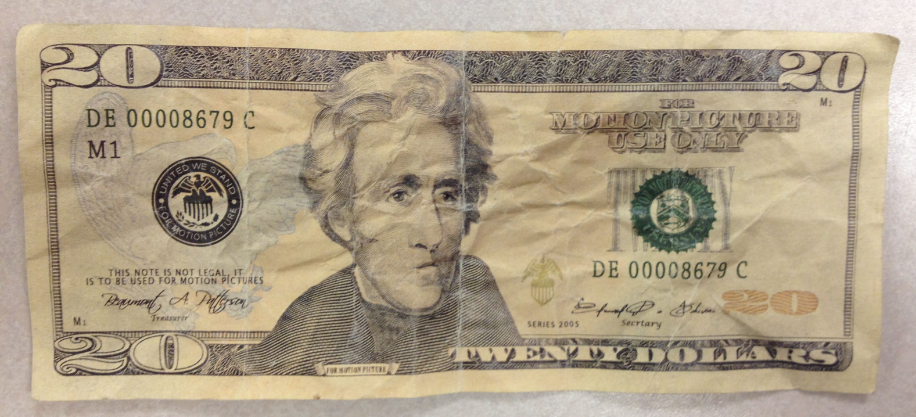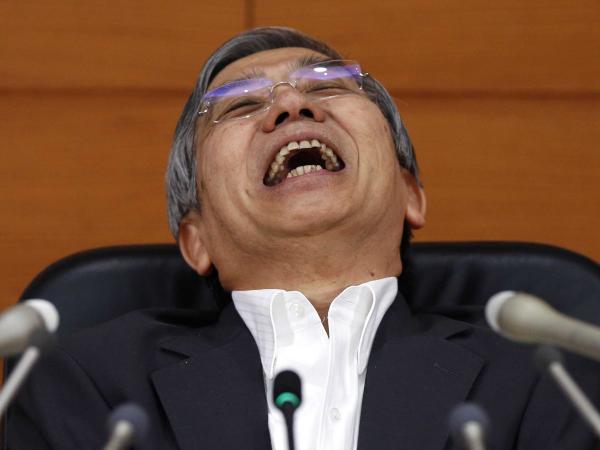From the Slope of Hope: When I was a young boy, growing up in the suburban splendor of Louisiana, I had a very pleasant middle-class childhood. Even at a young age, though, children are able to discern who is more “middle class” than others. My father was a manager at a large international company, and we lived in this house……….
My friend Steven Montgomery, however, was the “rich kid” on the block, because his father was the general manager at Audubon Ford, which was the big car dealership in town (yes, this is what constituted “rich” to us). Steven had a lot of stuff my family couldn’t afford (or wouldn’t pay for), like a really nice treehouse and a maid that was there all during the week to keep the place spotless. Although, looking at Steven’s house now, it’s clear there wasn’t a huge amount of difference in our lifestyles:
I was reminded of Steven today when I saw this snippet from an article in ZeroHedge which detailed plans of the Japanese government to hand out free money to its citizens in the clumsy hope that it would somehow miraculously stimulate an economy that they’ve unsuccessfully been “stimulating” for literally over a quarter century now.
Here’s what I remembered: I was over at Steven’s house one day (we didn’t have “play dates”; kids just…………showed up) and he mentioned something to me I found very exciting: his dad had told him that you could just write up money on a piece of paper. You just write out the amount of money, and you sign it, and maybe add some artwork, and – voila – money.
Our eyes bugged out at the possibilities. For myself, I consistently saved and scraped together coins to accumulate the seven or eight dollars I needed to buy a plastic model down at the hobby shop. Slowly saving money was really tedious, and the prospect of simply grabbing some paper and pens and whipping up our own cash sounded like a fantastic idea.

So we set to work. I was not much of an artist, nor was he, but we started cranking out various denominations of currency. I remember we didn’t do crazy amounts, like thousand dollar bills, but instead focused on sensible tens and twenties. Somewhere in the back of my little kid head I knew that it was all a bit too good to be true, but we made out our counterfeits anyway.
Reflecting up on this in my adult life, I suspect what happened is that Steven’s father probably mentioned that a person could write a check against his back account on just about anything. In other words, if you had an account with money in it, it was legal to write a “check” on things that weren’t actually printed checks from the bank. As long as it had your account information, your signature, the amount, and the payee, the bank would (probably reluctantly) honor it. So in his mutilating of this information, Steven advised his friend Tim that you could just write up money, just like that.
But the thing that has dawned on me today with this sentimental recollection is that what Japan is doing is no better than what those two little boys in 1970s Louisiana were doing: trying to creating “value” out of absolutely nothing. What we were contemplating doing was, strictly speaking, utterly illegal (although, as kids, it would have simply been laughable). For a government, however, it is policy.
I would thus say Japan (and the U.S. and Europe, for that matter) is being bit as childish as Steven and I were. The difference is that my friend and I got bored with the exercise after fifteen minutes and went off to do something else. The governments of the world…………..they’re going to keep doing this year after year, as long as they possibly can, and God only knows where it’s leading us.

The post Legal Tender appeared first on crude-oil.top.


